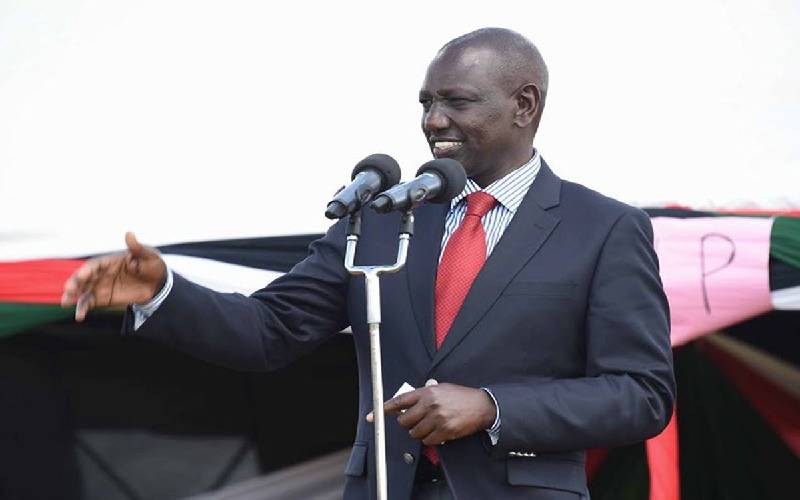×
The Standard e-Paper
Home To Bold Columnists

Deputy President William Ruto has downplayed the planned review on church donations from politicians, saying we are Christians first and politicians after.
In a statement posted on Ruto’s Twitter, the DP added more fire on the ongoing debate over church contributions popular with politicians.